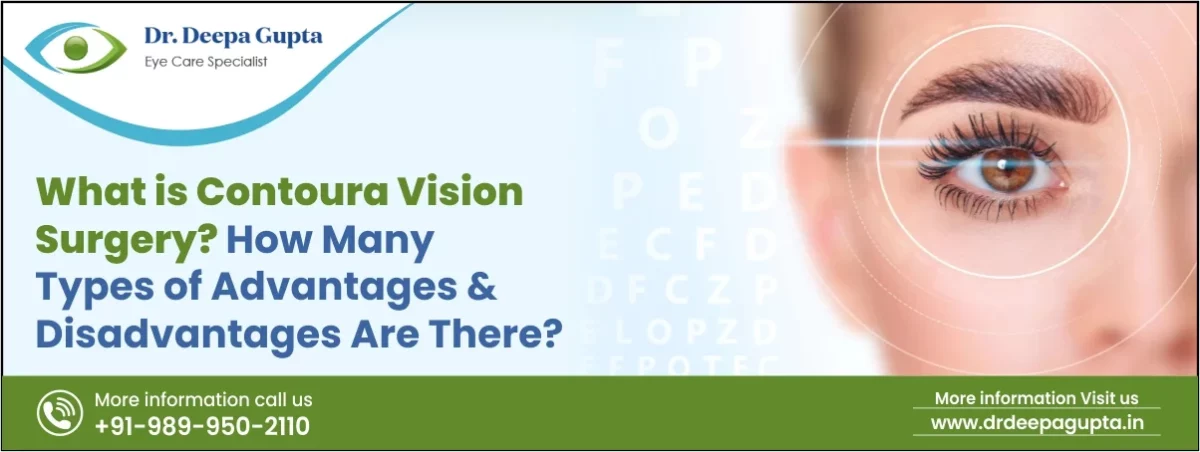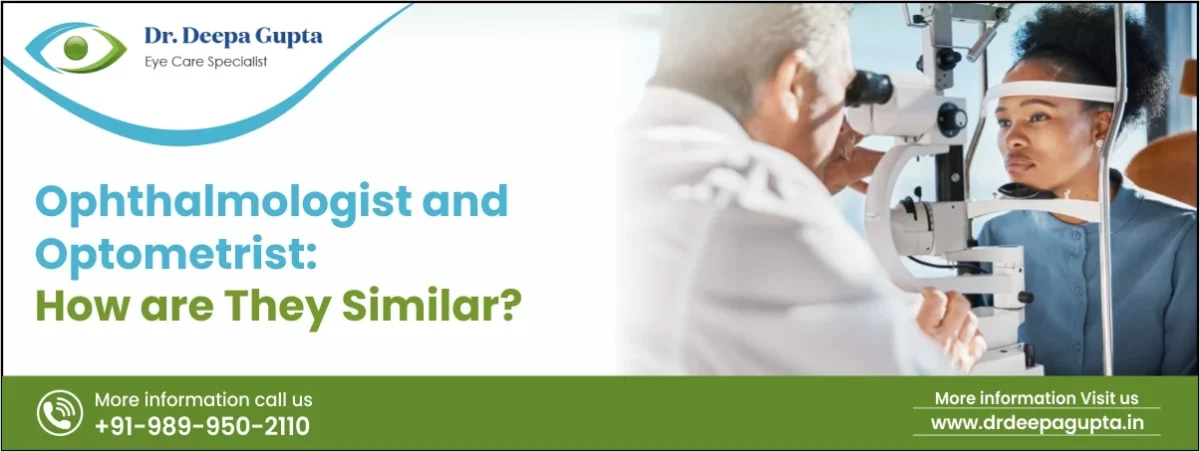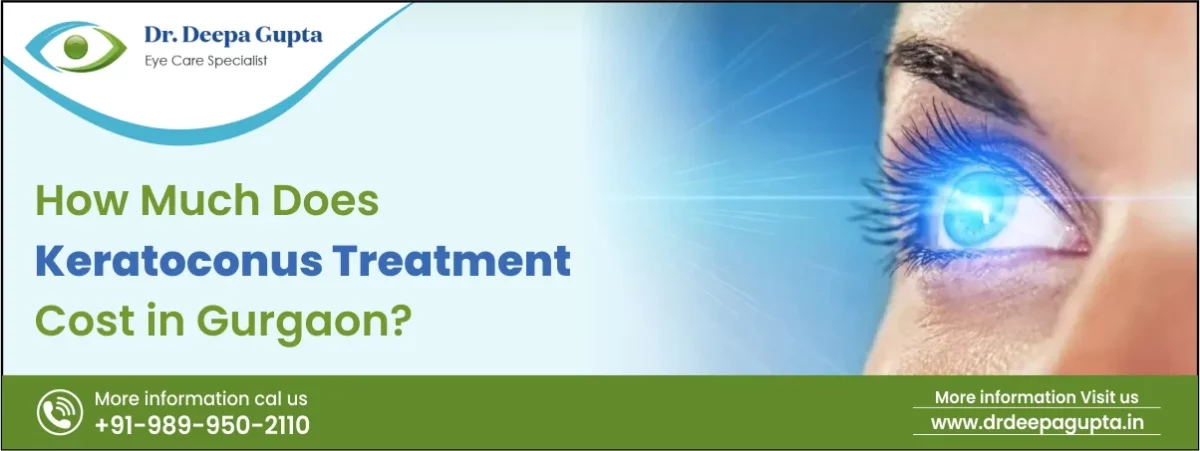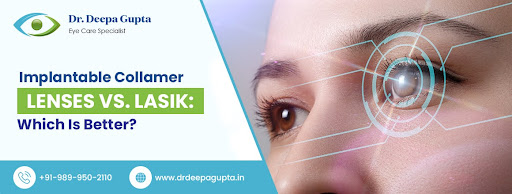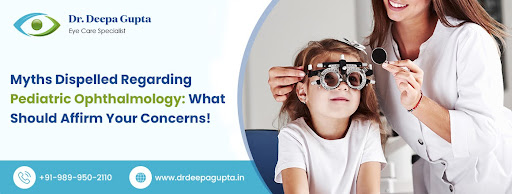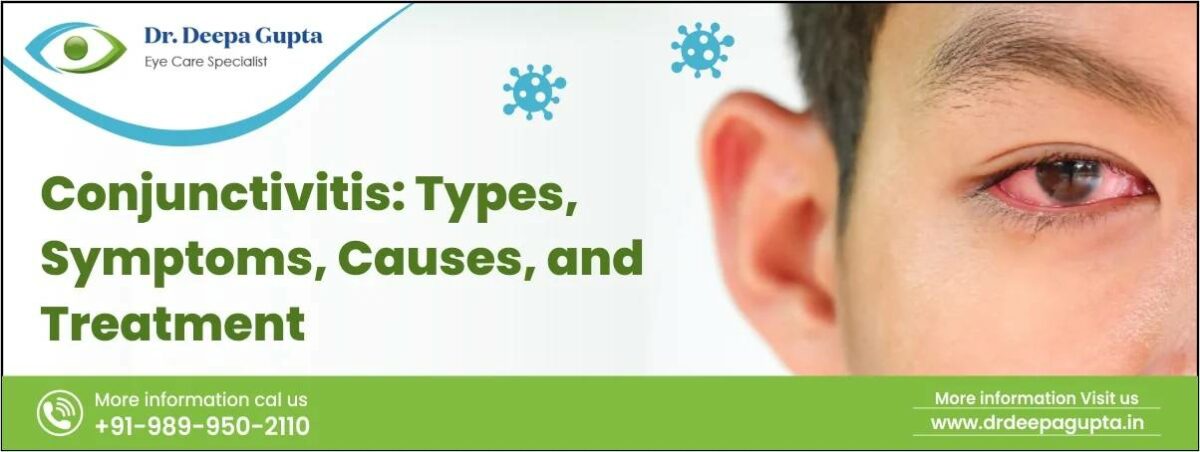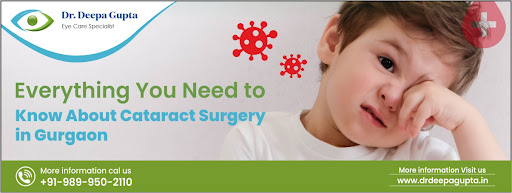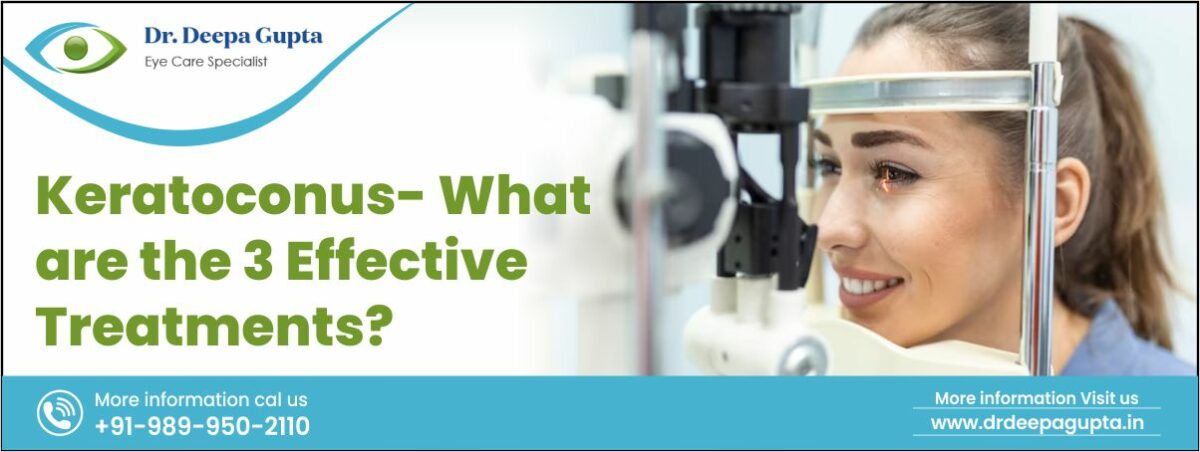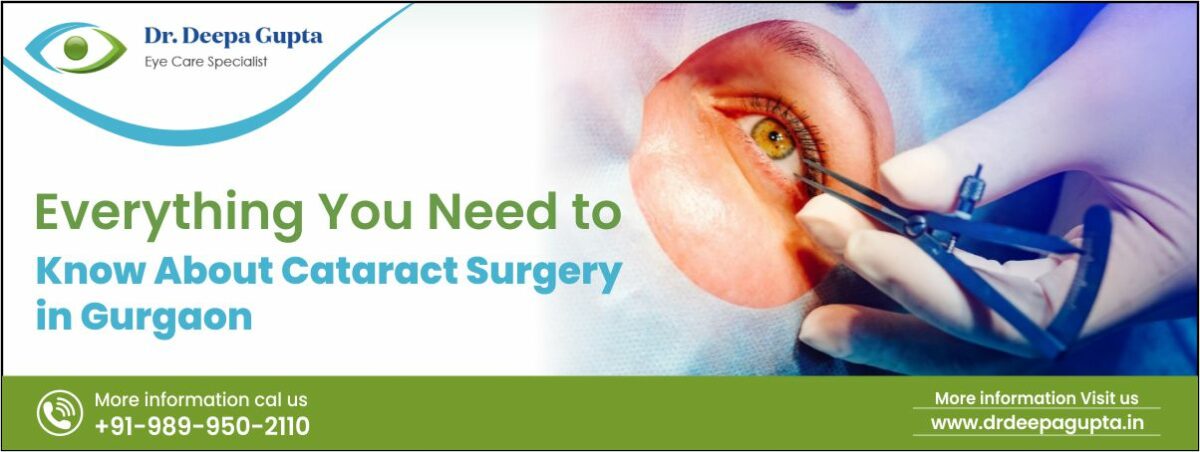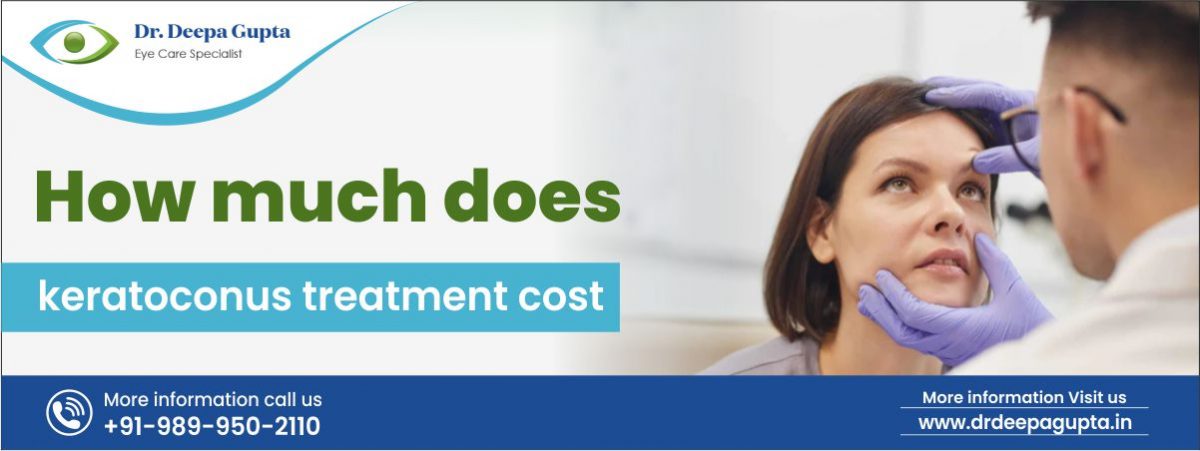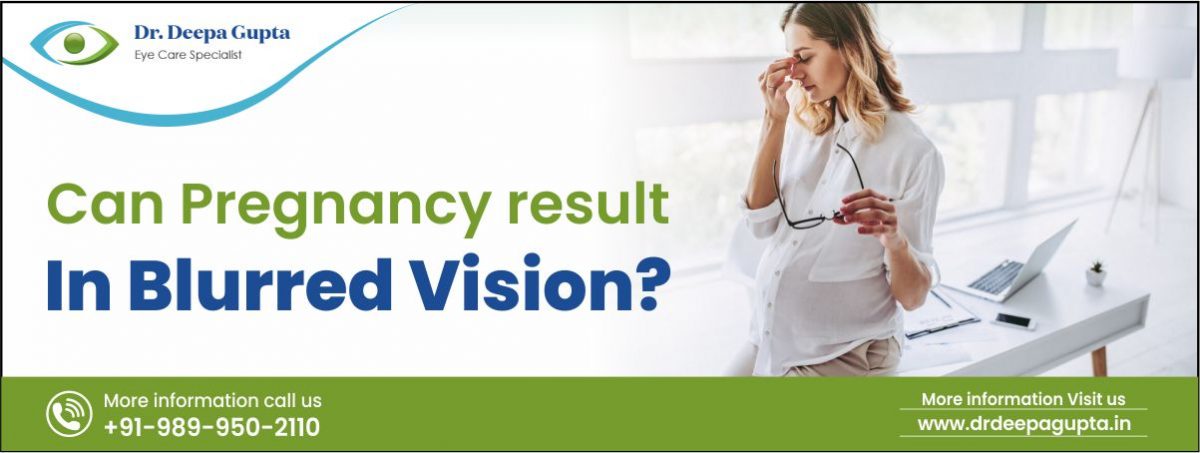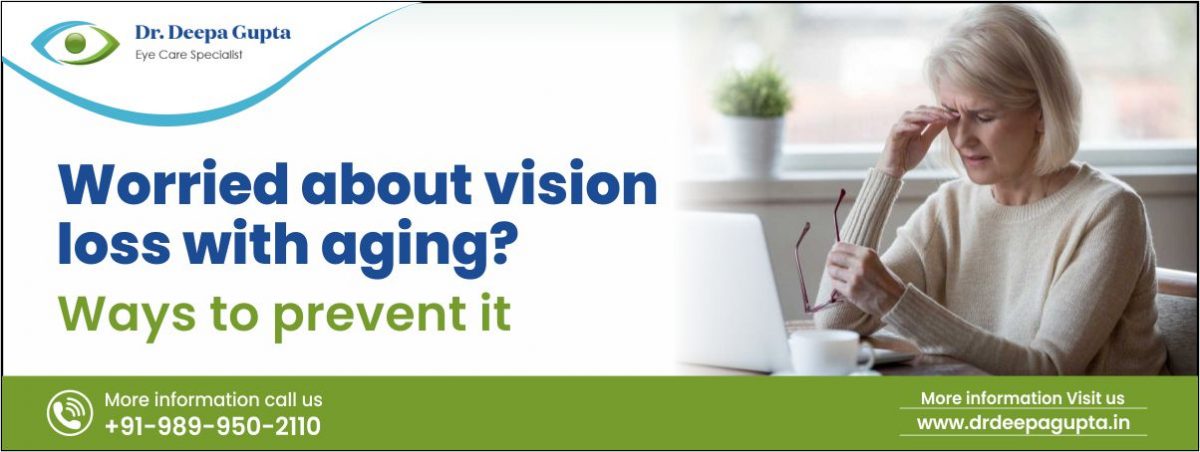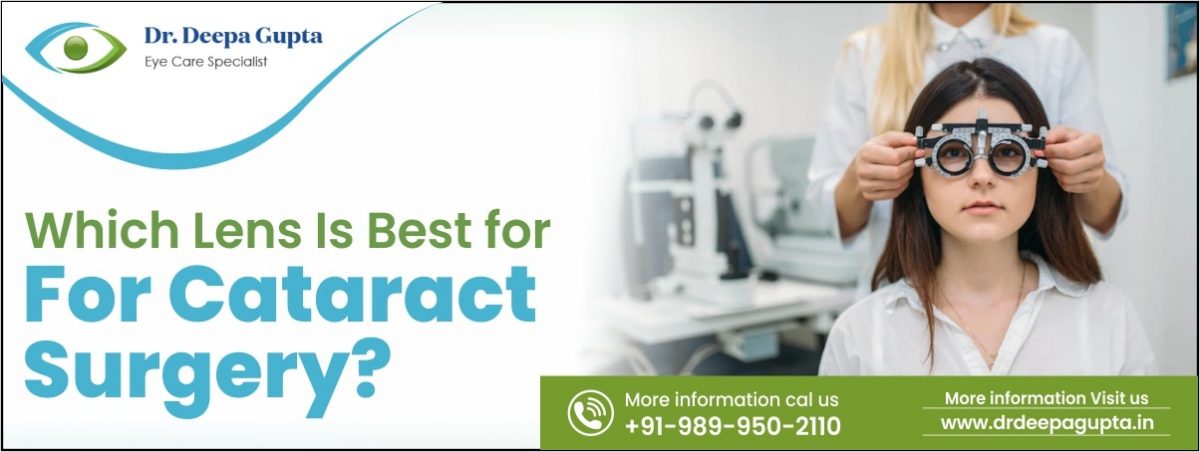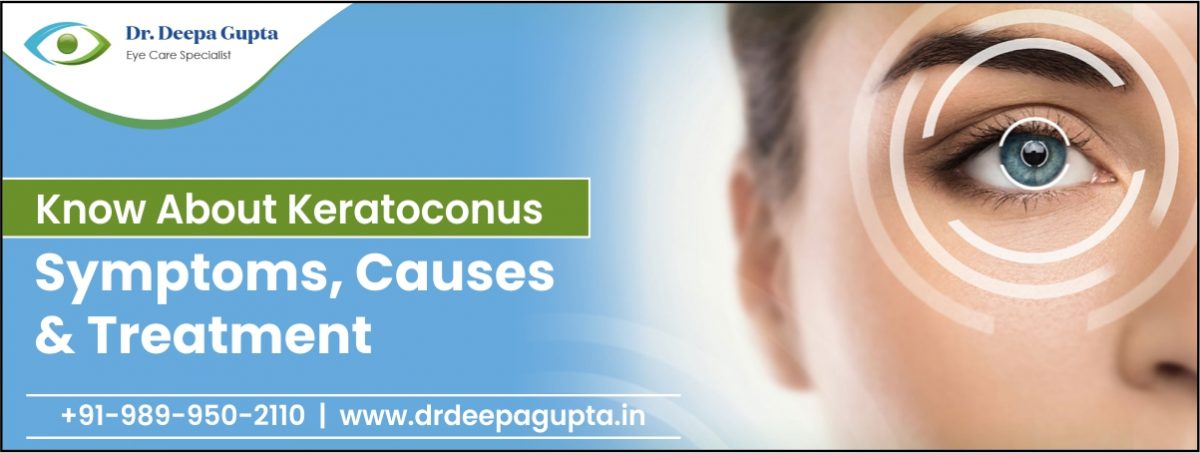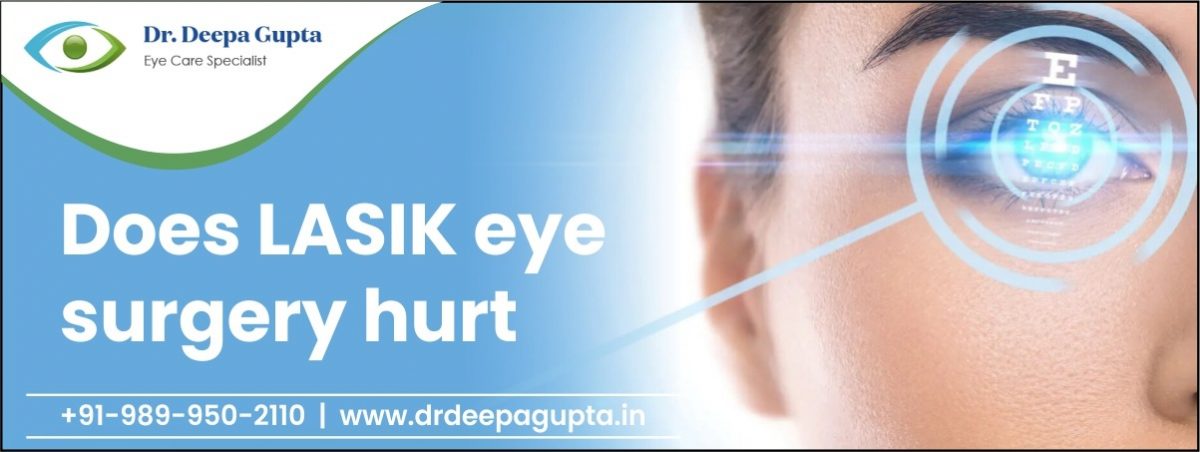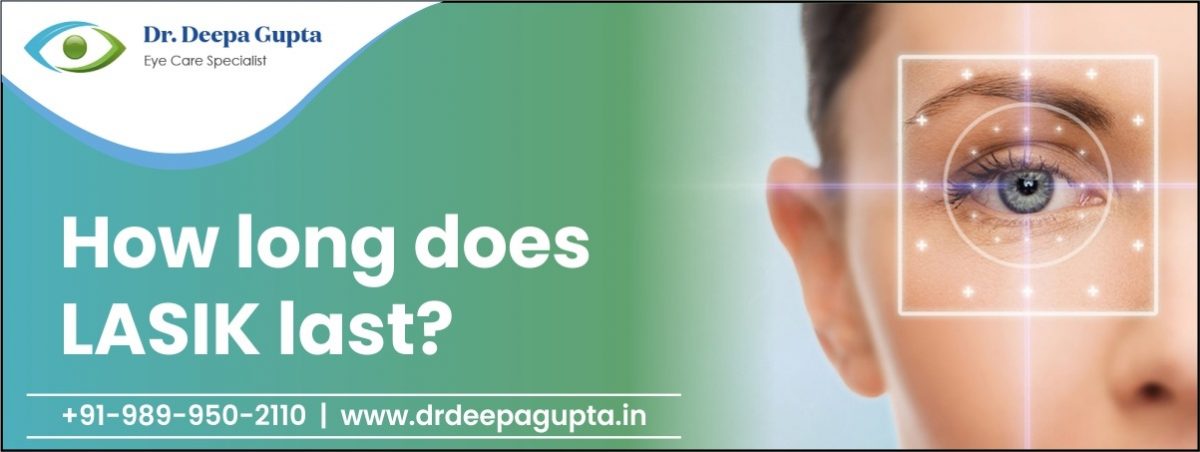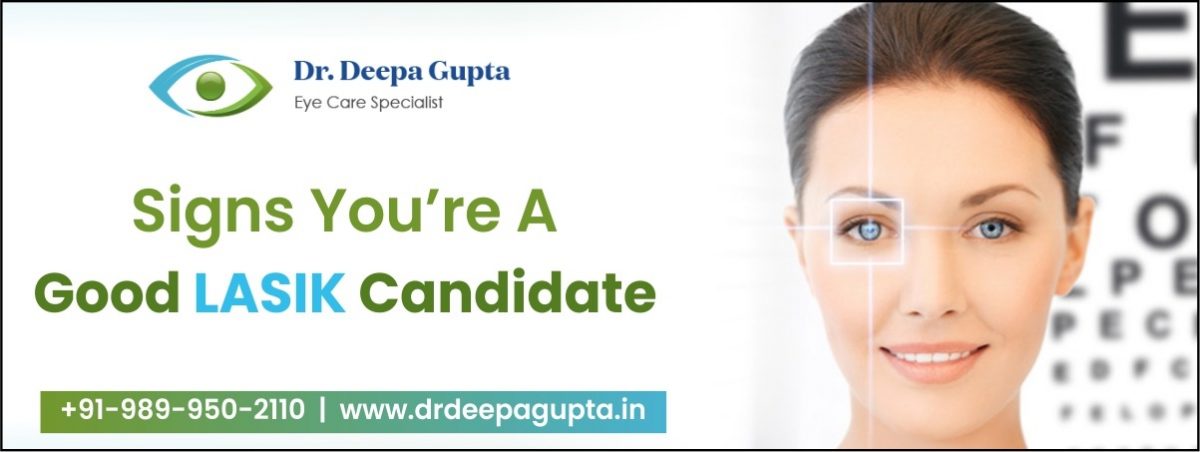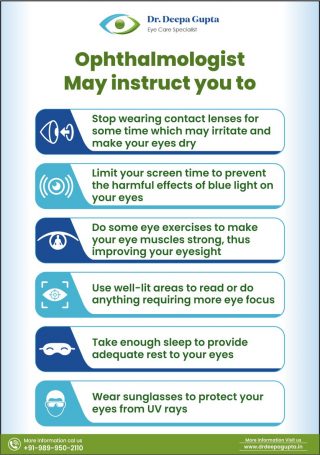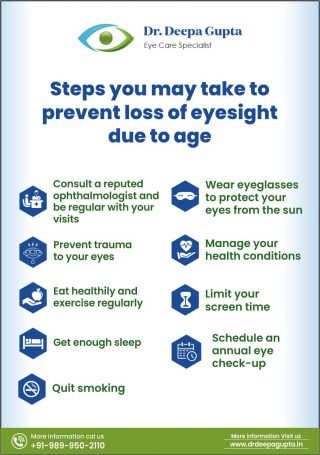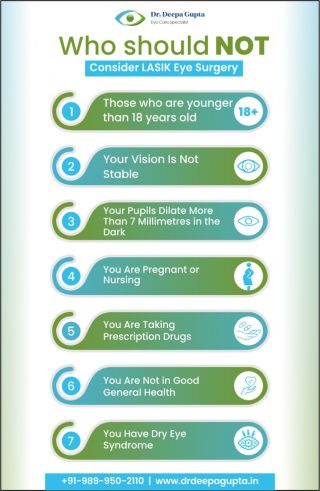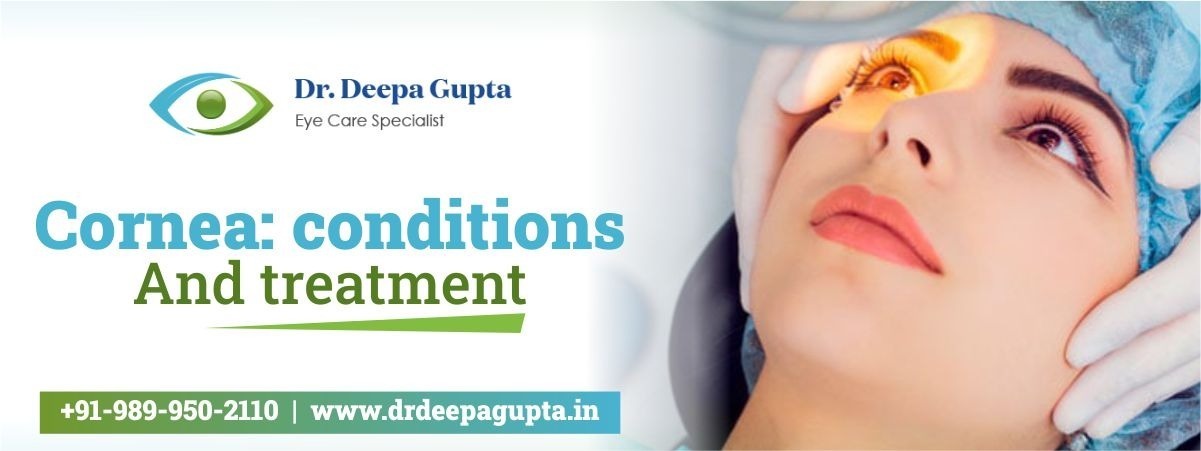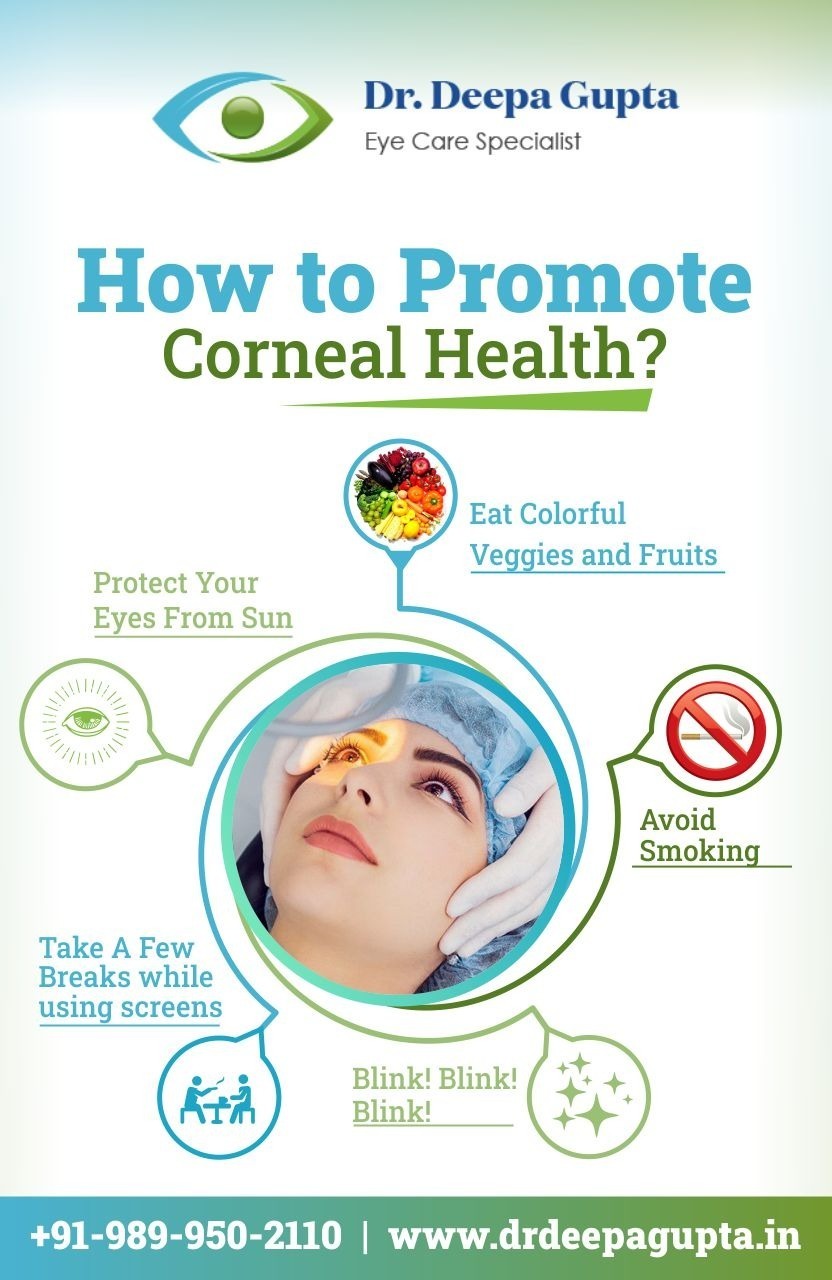Eye abnormalities are on the rise nowadays due to increased pollution, excessive screen time, and irregular sleep patterns. With the increasing number of eye issues, the need for the latest and better treatments is also increasing. However, spectacles have been the preferred option for people for ages, but many wish to refrain from using them. For those who are interested, Contoura Vision is the best option. It is the surgical procedure the expert eye surgeon performs to help gain clear vision and cure many other eye problems.
What is Contoura Vision Surgery?
It is the latest eye surgery technique, primarily a laser treatment done in about 30 minutes. It is a topography-guided LASIK surgery done with advanced technology and uses eye topography. The surgery procedure corrects the corneal irregularities along with working on the Visual axis. In this way, it offers sharper visual outcomes that are impossible with traditional LASIK and SMILE surgery. The procedure cures the anomalies of the cornea’s curvature, and the cornea’s optics and contours are generated by advanced computer analysis. After all this, the experienced ophthalmologist makes a personalized treatment plan for every patient because no two eyes are similar.
Every treatment plan is customized and personalized and is different from the others. It is considered the most advanced surgery in which the latest technology is used to correct an individual’s eyesight. The surgery is also beneficial in other medical conditions like cataracts, glaucoma, cancer, and retinopathy. Contoura vision surgery and LASIK surgery both aim the same, that is, to fix the abnormalities of the cornea, but both procedures implement different techniques. It is approved by the US FDA and offers better results than other procedures. To become a good candidate of Contoura vision surgery.
- You must be more than 18 years old.
- You must have a consistent eyewear recommendation.
- Your myopia should not exceed -12.0D.
- Your hypermetropia should not exceed +6.0D.
- Your astigmatism should not exceed +/- 6.0D.
- You should not have any immunodeficiency, major corneal pathology, vascular disease or major nasal issue.
- Your spherical power should not exceed 8D.
Some highlights of Contoura vision surgery advantages are no cuts, no stitches, no pain, no hospitalization and quick recovery. These are the reasons why people prefer it nowadays. Consulting the best eye specialist in Delhi.
Advantages of Contoura vision surgery
There are many Contoura vision advantages, one of which is that it helps to correct your vision so that you no longer require specs or contact lenses. The surgery will also make your eyes look more aesthetic and improve overall health. Contoura vision has emerged as the advancement that is revolutionizing LASIK surgery. The surgery takes LASIK surgery to another level, offering many advantages that are listed below:
-
Enhance precision and customization
Contoura vision surgery allows for more precise and personalized treatment. Unlike LASIK and SMILE surgeries, Contoura uses measurements of the patient’s prescription to reshape the cornea. The surgery uses a technology called Topography Guided LASIK that not only considers prescription but also checks and maps the unique contours of the cornea. The precision of the surgery ensures a customized treatment plan made by an expert eye surgeon for every patient according to their eye characteristics, leading to superior visual results.
-
Improves visual quality
Contoura vision surgery aims to correct refractive errors and enhance the overall vision quality. Patients who chose this surgery option noticed an overall improvement and reduction in glare, night vision disturbances, and halos, which are common side effects of traditional LASIK surgery. This new technique delivers crisper-perfect, sharper vision even in low light conditions. It also addresses higher-order aberrations as well as corneal irregularities.
-
Faster recovery
Contoura vision surgery has a shorter recovery time than other procedures. People experience fast healing and visual stabilization post-surgery, which allows them to return to their daily activities soon. A person’s recovery time may vary, but the Contoura vision advantages include reduced discomfort and a faster return to normalcy.
-
Superior outcomes in complex cases
Contoura vision surgery is an effective option in complex cases, such as people with irregular or thin corneas, previous correction surgeries, or high prescriptions. The latest and most advanced technology used in surgery helps attain better outcomes than other procedures.
Overall, Contoura vision surgery is an advanced, successful, and creative procedure that offers many benefits for people wishing to improve their eyesight. It is best to consult an experienced surgeon with expertise in Contoura vision surgery, like Dr Deepa Gupta, to ensure excellent results.
Disadvantages of Contoura Vision Surgery
Contoura vision surgery has recently gained popularity and is considered an advanced version of LASIK surgery. It uses topography-guided laser technology and is thus regarded as an excellent refractive procedure with many benefits; however, it also has certain limitations as well. However, the Contoura vision disadvantages are minimal compared to other eye surgery procedures. These are listed below to keep in mind:
- It is not the ideal surgery option for all, as one approach can only fit some. People with certain eye conditions are not good candidates for surgery, such as people with too thin corneas or other abnormalities or eye diseases who cannot go for Contoura vision surgery.
- The surgery procedure’s side effects may be momentary or permanent. Contoura vision side effects are also many that have been reported, including:
- Eye irritation
- Dry eyes
- Sensitivity to light
- Glare
- Halos
- Double vision
- Corneal ulcers
- Intraoperative floppy iris syndrome
- Recovery from Contoura vision surgery will take time, as you will need to take time off from work and allow your eye to heal.
- Countorua surgery is also expensive because it uses advanced technology, and the equipment has improved elements like eye movement or motion tracking, cyclo rotation compensation, visual axis treatment, active centration control, and corneal irregularity correction.
It’s essential to know that most of the above-listed side effects or issues are rare, and when they occur, they are highly manageable. With the proper post-operative care and guidance from a trusted ophthalmologist, Dr. Deepa Gupta, in Gurgaon, the journey to clearer vision via Contoura Vision is safe and transformative.
What Makes Contoura Vision Surgery Unique and Effective in Comparison to Other Procedures?
Contoura vision is topography-guided as its eye’s topography is mapped ahead of time and is used to offer a custom treatment that fits an individual’s eye shape. In cases when patients with standard corneal surfaces are not eligible for LASIK surgery, they are eligible for Contoura vision surgery. It is the most advanced and latest laser vision correction surgery for specs removal.
However, LASIK and SMILE are also there, but these only correct your spectacle’s power. Contoura vision surgery corrects corneal irregularities and produces sharper visual results that other procedures cannot offer. The best part is that the surgery does not include blades, stitches, or injections, and there is no hospitalization stress. If you are surgically eligible for the Contoura vision surgery, your chances of obtaining the desired outcomes are increased. You must consult the best eye specialist to discuss everything in detail before starting the process as it will help you begin with greater ease. Schedule your initial consultation with the eye surgeon in Gurgaon, Dr. Deepa Gupta.
Conclusion
Contoura Vision is an advancement in LASIK surgery that offers enhanced performance, improved visual quality, superior outcomes, and a faster recovery.
People seeking Contoura vision surgery benefits must choose a reputable and best eye surgeon in India. Dr Deepa Gupta is among Gurgaon’s best eye surgeons, specializing in no-injection and stitchless eye procedures with a 95 percent surgery healing rate. She has performed numerous LASIK surgeries with extreme precision, all of which were performed using the latest contour vision technology for better results and high efficacy.
She is a renowned and finest LASIK surgeon in Gurgaon with an impressive track record, and her expertise in no such and no injection procedures makes her the most preferred option. She has earned a reputation for delivering positive outcomes and ensuring high efficacy and remarkable precision. If you are looking for LASIK surgery, go for contour vision surgery by Dr. Deepa Gupta in Gurgaon. Schedule an appointment with her to learn all the details about the surgery along with Contoura Vision’s advantages and disadvantages.

